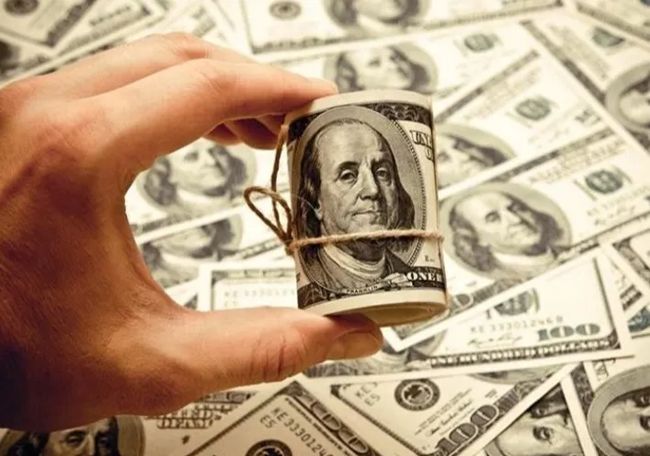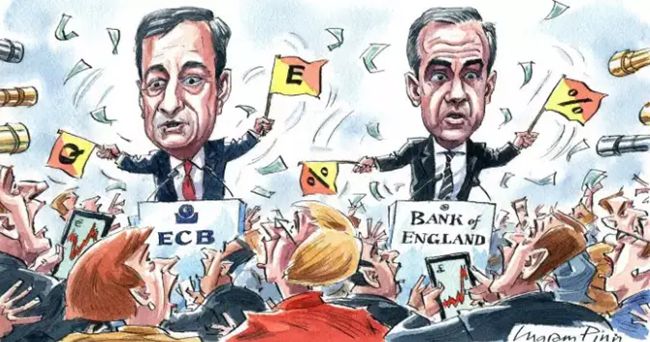The world is facing a new era of high inflation and interest rates as relations between the West and Russia deteriorate and globalisation goes into reverse in the wake of the coronavirus pandemic, the head of the Bank for International Settlements has warned.
"A key message is that we may be entering a new era of inflation," Agustin Carstens, president of the Bank for International Settlements, said on Tuesday.
Mr Carstens added: "We need to accept the possibility that the inflation environment is fundamentally changing. If I am right, the central bank will need to adjust."
Mr. Carstens noted that experts predict inflation will exceed 4.5 percent in the United States and much of Europe over the next two years, and 3.5 percent in many other advanced economies.

The immediate implication, it said, was that policymakers would have to quickly shift their "mind-set" to how to stop inflation getting out of control. Few people have had runaway inflation since the 1970s.
"Most likely, this will require raising real interest rates above neutral levels for some time to dampen demand," Mr Carstens said.
"Many of the economic challenges we face today stem from neglect of supply-side policies over the past decade or more," he said.
According to the Guardian website on April 5, Agustin Carstens, president of the Bank for International Settlements, said recently that the world economy may be about to enter a new era of inflation as the tide of globalization ebbs and consumer prices continue to rise.
Mr. Carstens said there was a strong risk that price increases could get out of control if interest rates were not raised more sharply than currently planned.
In his speech, Mr. Carstens laid out the risks of continued higher inflation, the report said. He said higher borrowing costs may be needed in coming years to contain the risk of long-term damage from rising prices to industrialized nations' economies.

However, some experts disagree with him. They warn that high inflation could depress consumer spending and economic growth, making it less urgent to raise interest rates sharply.
Data are reported to show inflation approaching 10 per cent in several countries, mainly due to rising gas and oil prices following the conflict between Russia and Ukraine. Consumer price inflation in the UK hit 6.2 per cent in February, its highest level since the 1990s. In March, Germany's CPI rose 7.3 per cent and Spain's 9.8 per cent.

